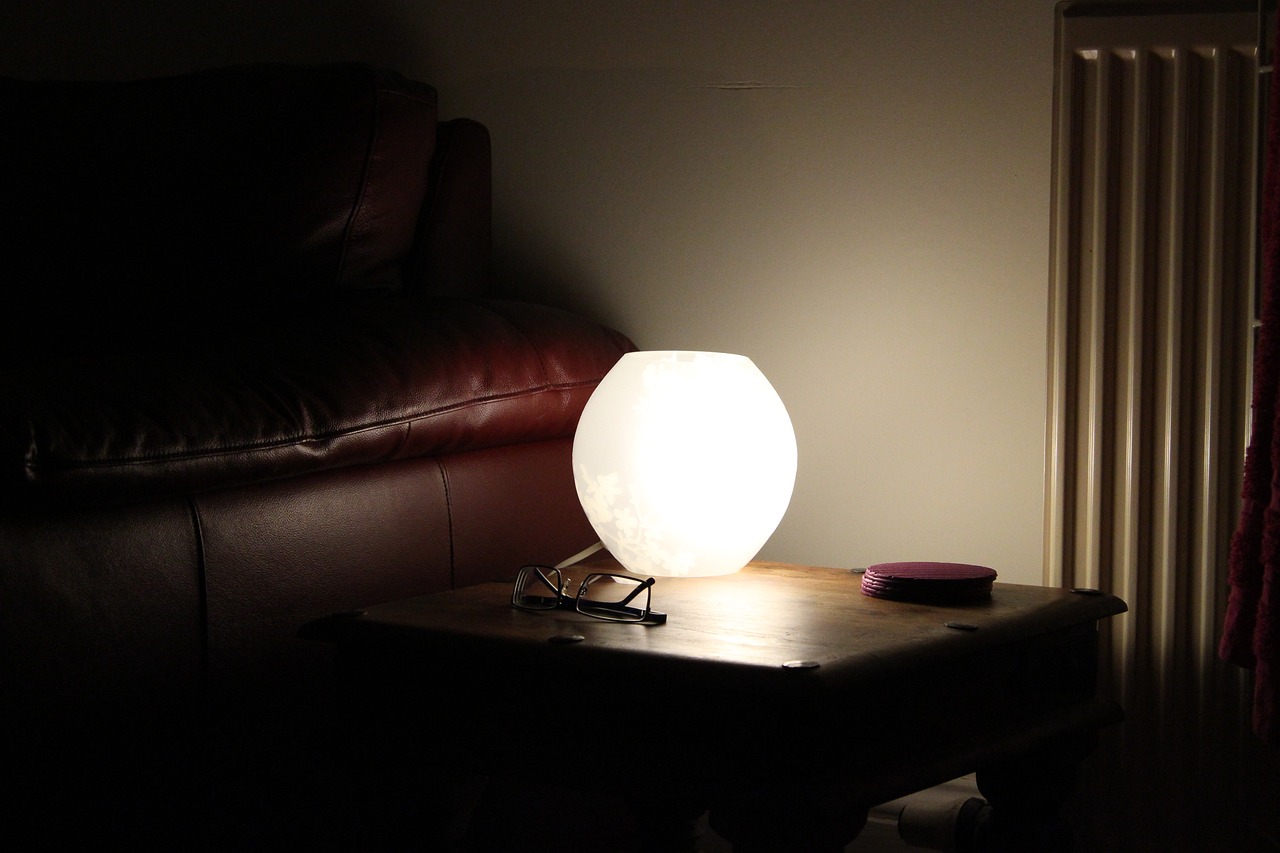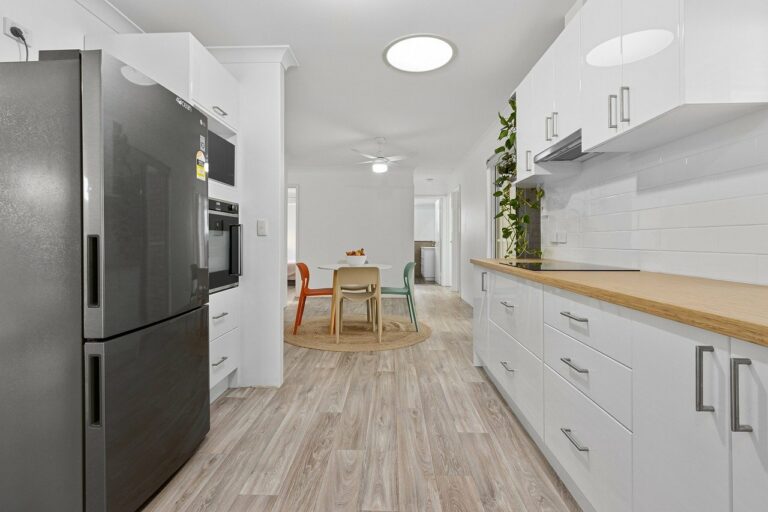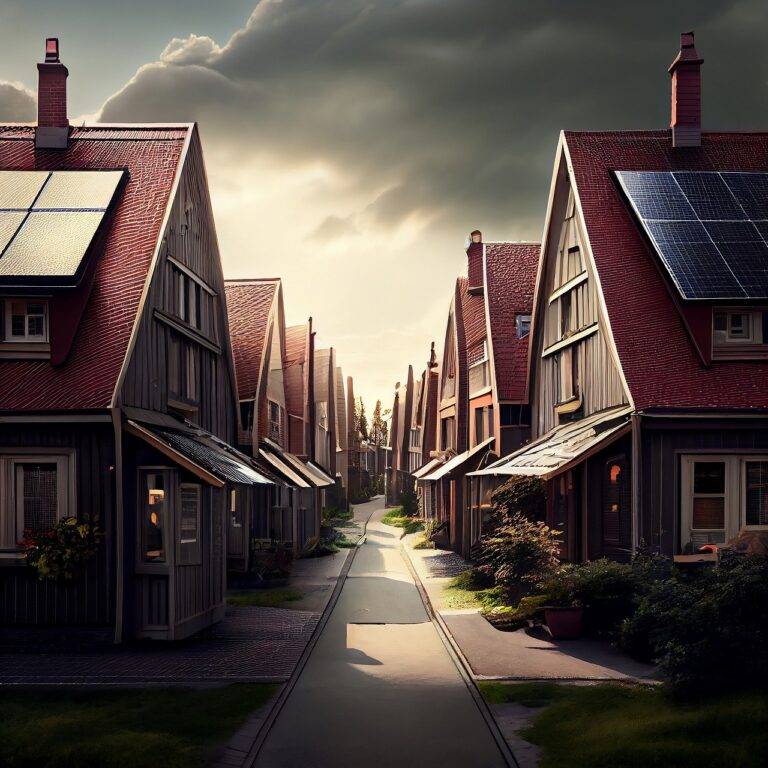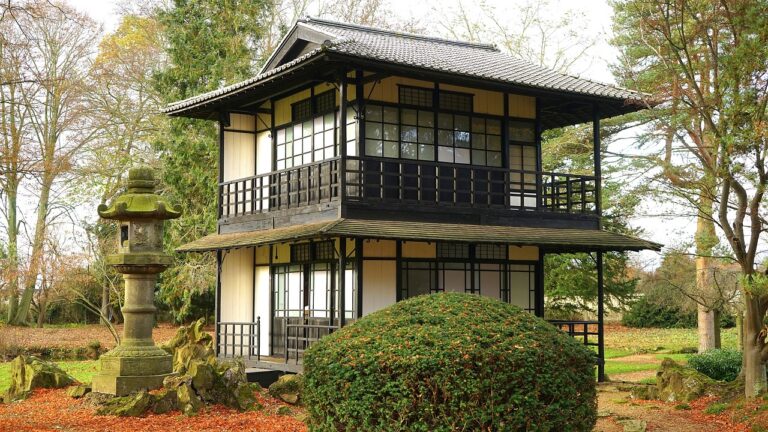Weather-Resistant Materials for Coastal Fences: Betbook250 com login, 11xplay reddy login, Yolo247
betbook250 com login, 11xplay reddy login, yolo247: Weather-Resistant Materials for Coastal Fences
Living near the coast can be a dream come true, with its endless ocean views and soothing sounds of waves crashing against the shore. However, coastal living also comes with its own set of challenges, including exposure to harsh weather conditions. Coastal fences are essential for protecting your property from the elements, but choosing the right materials can make all the difference in how well your fence stands up to the coastal climate.
When it comes to coastal fences, durability and weather resistance are key factors to consider. The constant exposure to saltwater, high winds, and intense sunlight can take a toll on traditional fence materials, leading to deterioration and corrosion over time. To ensure that your coastal fence remains strong and sturdy for years to come, it’s important to select weather-resistant materials that can withstand the elements.
Here are some of the best weather-resistant materials for coastal fences:
1. Vinyl
Vinyl is a popular choice for coastal fences due to its durability and low maintenance requirements. Vinyl fences are resistant to saltwater, sunlight, and extreme temperatures, making them ideal for coastal environments. Additionally, vinyl fences are available in a wide range of colors and styles, allowing you to customize the look of your fence to complement your property.
2. Aluminum
Aluminum is another excellent choice for coastal fences, thanks to its corrosion resistance and lightweight properties. Aluminum fences are not susceptible to rust or rot, making them ideal for humid coastal climates. Additionally, aluminum fences are easy to install and require little maintenance, making them a practical choice for coastal properties.
3. Composite
Composite materials, such as recycled plastic and wood fibers, are a sustainable and weather-resistant option for coastal fences. Composite fences are durable, resistant to rot and decay, and require minimal maintenance. They are also available in a variety of styles and colors, allowing you to choose a fence that meets your aesthetic preferences.
4. Stainless Steel
Stainless steel fences are a premium option for coastal properties, offering unparalleled durability and weather resistance. Stainless steel is corrosion-resistant and can withstand saltwater exposure, making it an excellent choice for coastal fences. While stainless steel fences may come with a higher price tag, their long-lasting quality makes them a worthwhile investment for coastal homeowners.
5. Cedar
Cedar is a natural wood that is naturally resistant to rot, decay, and insect damage, making it a popular choice for coastal fences. Cedar fences have a beautiful, natural appearance and can be stained or painted to enhance their durability. While cedar fences may require more maintenance than other materials, their longevity and aesthetic appeal make them a timeless choice for coastal properties.
6. PVC
PVC, or polyvinyl chloride, is a durable and weather-resistant material that is commonly used for coastal fences. PVC fences are resistant to rot, rust, and corrosion, making them ideal for coastal environments. Additionally, PVC fences are easy to clean and maintain, making them a practical choice for busy coastal homeowners.
7. Wrought Iron
Wrought iron fences are a classic and elegant choice for coastal properties, offering both durability and weather resistance. Wrought iron fences are resistant to rust and corrosion, making them ideal for coastal environments. While wrought iron fences may require occasional maintenance, their timeless beauty and longevity make them a worthwhile investment for coastal homeowners.
8. Fiber Cement
Fiber cement is a composite material that consists of cement, sand, and cellulose fibers, making it a strong and weather-resistant option for coastal fences. Fiber cement fences are resistant to rot, decay, and insect damage, making them ideal for coastal environments. Additionally, fiber cement fences are available in a variety of styles and can be painted to match your property’s aesthetic.
9. HDPE
High-density polyethylene (HDPE) is a durable and weather-resistant plastic material that is commonly used for coastal fences. HDPE fences are resistant to rot, decay, and corrosion, making them ideal for coastal environments. Additionally, HDPE fences are available in a variety of colors and styles, allowing you to choose a fence that enhances the look of your property.
10. Galvanized Steel
Galvanized steel fences are a strong and durable option for coastal properties, thanks to their corrosion-resistant properties. Galvanized steel fences are coated with a layer of zinc to protect them from rust and corrosion, making them ideal for coastal environments. While galvanized steel fences may require occasional maintenance, their longevity and durability make them a reliable choice for coastal homeowners.
FAQs
1. What is the best material for coastal fences?
The best material for coastal fences depends on your specific needs and preferences. Vinyl, aluminum, composite, stainless steel, cedar, PVC, wrought iron, fiber cement, HDPE, and galvanized steel are all excellent options for coastal fences, each with its own unique benefits.
2. How can I protect my coastal fence from the elements?
To protect your coastal fence from the elements, it’s important to choose a weather-resistant material and regularly maintain your fence. This may include cleaning your fence, repairing any damage, and applying a protective sealant or paint to enhance its durability.
3. Are coastal fences more expensive than regular fences?
Coastal fences may be more expensive than regular fences due to the need for weather-resistant materials that can withstand the harsh coastal climate. However, the longevity and durability of coastal fences make them a worthwhile investment for coastal homeowners in the long run.
4. How do I choose the right material for my coastal fence?
When choosing the right material for your coastal fence, consider factors such as durability, weather resistance, maintenance requirements, and aesthetic appeal. It’s also important to consult with a professional fencing contractor to determine the best material for your specific coastal environment.
5. Can I install a coastal fence myself?
While it is possible to install a coastal fence yourself, it is recommended to consult with a professional fencing contractor to ensure that your fence is properly installed and meets local building codes and regulations. Professional installers have the knowledge and experience to install coastal fences correctly and ensure their longevity.
6. How often should I inspect my coastal fence for damage?
It is recommended to inspect your coastal fence regularly for damage, especially after severe weather events or exposure to saltwater. Look for signs of rust, corrosion, rot, decay, or loose components, and address any issues promptly to prevent further damage to your fence.
In conclusion, choosing weather-resistant materials for coastal fences is essential for protecting your property from the elements and ensuring the longevity of your fence. By selecting materials such as vinyl, aluminum, composite, stainless steel, cedar, PVC, wrought iron, fiber cement, HDPE, or galvanized steel, you can create a durable and stylish coastal fence that enhances the beauty and value of your property. Remember to regularly maintain your fence and consult with a professional fencing contractor to ensure that your coastal fence is installed correctly and withstands the coastal climate for years to come.







